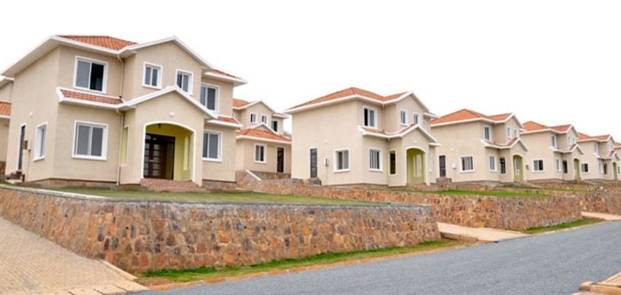To get rid of bureaucracy, Mr Ojijo suggests that the government immediately establish a national housing authority, which should be given the mandate to issue all construction-related permits. With such a body, he says, a developer might be able to get all the necessary permits in 14 to 30 days.
- Corruption
The other side of the bureaucracy coin is corruption, which is pervasive in every sector of the property industry, according to Mr Kunyiha. “Officials of several government bodies usually entice developers to pay bribes with promises to help them cut corners and save time,” he says.
“One step towards eliminating corruption and speeding up development is automating the operations. We need to do things electronically at the approval offices because the less human interaction there is between developers and government officials, the lower the opportunities for demanding or offering bribes,” Mr Kuhinya adds. He commends the Nairobi County Council for automating construction permit processes in Nairobi, adding that other counties should follow suit to reduce corruption and delays.
- Unclear zoning regulations
Developers are increasingly being accused of flouting zoning regulations, especially those who set up high-density commercial establishments in areas designated low-density residential areas. Mr Gitonga blames the situation on weak zoning regulations.
“In many areas, the zoning rules allow different interpretations, and this makes them open to abuse. As such, developers often find themselves in court seeking a magistrate’s opinion on the rules. As KPDA, we are constantly vouching for transparent, open and predictable rules,” Mr Gitonga says. He also blames corruption at the approvals’ office for the propagation of this vice.
However, he warns that as more people move to urban areas, most of the zoning regulations will cease to make sense. “With increased urbanisation, the economy of an area is usually forced to expand. This pressure on the economy, coupled with reduced building space in towns, will force developers to put up high-rise apartments and more commercial establishments to cater for the increased population and economic expansion respectively,” he explains.
In cases where disputes arise between the neighbouring community and a developer, the KPDA encourages the developers to settle their differences out of court by engaging in dialogue with them.
“We try to educate community members on the benefits that such a development could eventually bring to their area,” says Mr Kunyiha.
- Insufficient government incentives
The country’s housing requirement is estimated at 200,000 units a year, with an annual deficit of 150,000 units.
While delivering the Budget in June this year, Treasury Cabinet Secretary Henry Rotich proposed tax concessions for property developers who build more than 1,000 houses a year, reducing their corporate tax from 30 to 20 per cent. This was later reduced to 400 units in the final financial Act.
This measure is aimed at encouraging developers to build more houses in order to reduce the deficit.
Mr Ojijo, however, doubts that the measure will have any significant benefits since very few developers have the capacity to build 400 units a year. The policy, Mr Ojijo argues, would make more sense if the threshold were lowered to 50 units.
“If the government is serious about its mandate of providing affordable housing, then it needs to set up a special committee that will come up with incentives that benefit even small-time developers,” he says.









